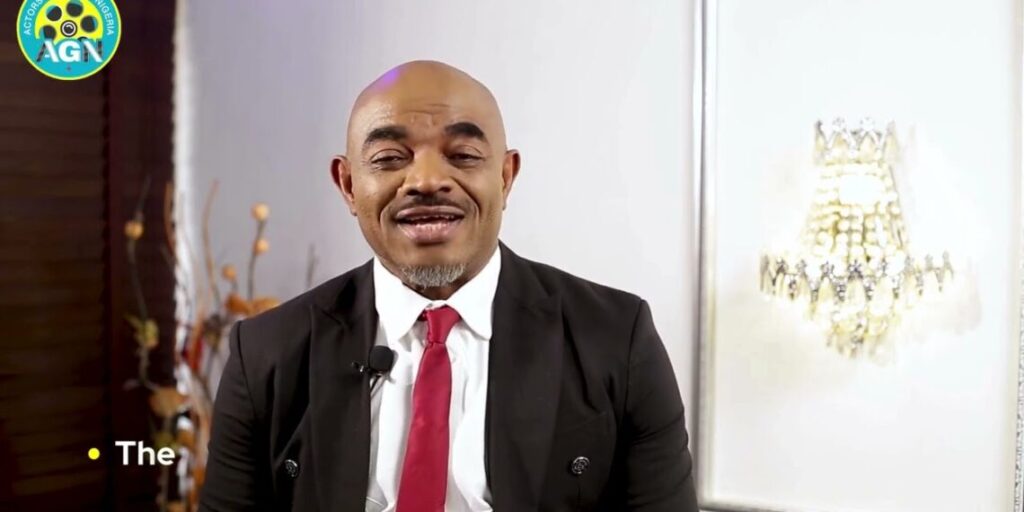
The Actors Guild of Nigeria (AGN) is set to launch a mobile application as part of efforts to modernise its operations, improve digital access for members, and enhance global connectivity within the Nigerian film industry.AGN President Emeka Rollas announced the development in a statement on Thursday in Lagos. The mobile app will be officially launched on June 28 during the inauguration of the guild’s new national secretariat.
Rollas described the initiative as part of a wider digital transformation strategy. He said the move is not only about new technology or infrastructure but about building a future-ready organisation. The app is intended to provide members with improved access to guild services and to create new engagement channels with the public.
He noted that the application serves as a tool to connect the industry more closely with its audience, aiming to reform internal operations while also strengthening public engagement. He described the platform as a digital handshake to the world. According to the News Agency of Nigeria (NAN), the mobile app will allow Nigerian actors to better interact with the AGN, manage professional profiles, and engage directly with fans. Features include a secure interface for fan engagement, access to news, auditions, events, training, and behind-the-scenes content, as well as red carpet coverage and virtual meet-and-greets.
Established in 1998, the AGN is the official body representing professional screen actors in Nollywood. Its goals include protecting members’ welfare, maintaining professional standards, and overseeing actors’ affairs both locally and internationally. Headquartered at the National Theatre in Lagos, the guild is led by Emeka Rollas, who has served as president since August 22, 2017. Under his leadership, the AGN has grown to over 2 million registered members across all 36 states, making it Africa’s largest actors’ association.
The guild is also implementing a licensing system for actors to bring structure and regulation to the industry, aiming to address challenges such as inadequate compensation and lack of worker protections.
Source : nairametrics.com








